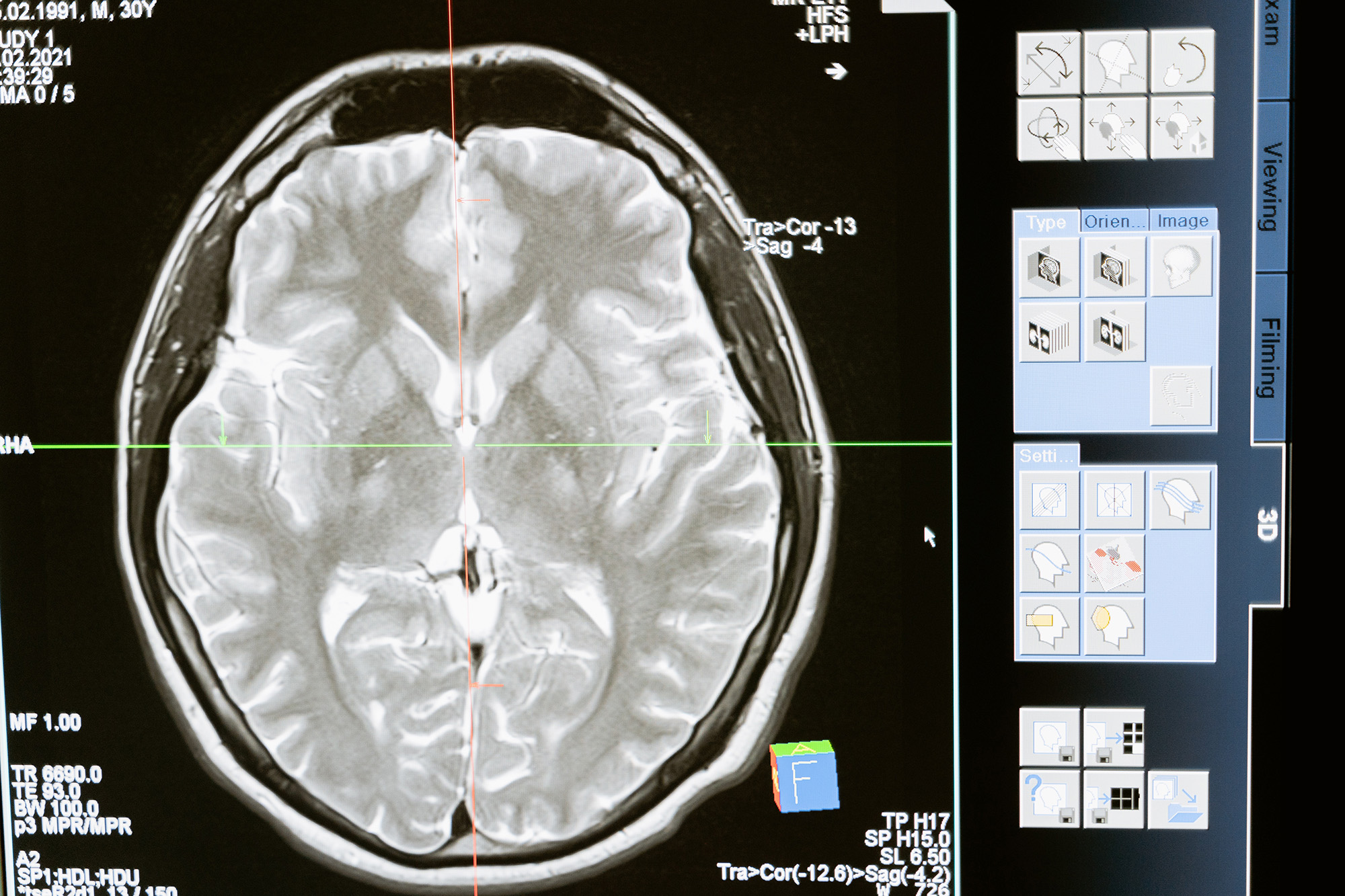Traumatic brain injury (TBI) is a severe medical condition that affects millions of people worldwide. It occurs when an external force causes damage to the brain, leading to a range of physical, cognitive, and emotional impairments.
Introduction
Autism, also known as Autism Spectrum Disorder (ASD), is a complex neurological condition that affects individuals in various ways. It is characterised by difficulties in social interaction, communication, and repetitive behaviours. Understanding autism is crucial to fostering inclusivity, empathy, and support for those living with the condition. In this blog post, we will delve into the key aspects of autism, debunk common misconceptions, explore its impact on individuals and families, and shed light on the importance of acceptance and support.
Defining Autism Spectrum Disorder
Autism is a spectrum disorder, meaning it encompasses a wide range of symptoms and behaviours that can vary greatly from person to person. While some individuals may have significant challenges in communication and daily functioning, others may exhibit exceptional abilities in specific areas such as music, art, or mathematics. It is essential to recognise that autism is not a disease but a neurological difference that affects an individual’s perception and interaction with the world.
Common Characteristics of Autism
- Social Interaction Challenges: People with autism often struggle with social cues, nonverbal communication, and forming and maintaining relationships. They may find it challenging to understand and respond appropriately to others’ emotions or engage in reciprocal conversations.
- Communication Difficulties: Individuals with autism may face challenges in both verbal and nonverbal communication. Some may be nonverbal or have limited speech, while others may have difficulty understanding and using language effectively.
- Repetitive Behaviours and Restricted Interests: Many individuals with autism engage in repetitive behaviours, such as hand-flapping, rocking, or lining up objects. They may also exhibit intense interests in specific topics, objects, or activities, often to the exclusion of others.
Debunking Misconceptions
It is important to dispel common misconceptions about autism to promote a more accurate understanding of the condition:
- Autism is not caused by vaccines: Extensive research has repeatedly debunked the notion that vaccines cause autism. The scientific consensus firmly supports that there is no link between vaccinations and the development of autism.
- Autism is not a result of bad parenting: Autism is a neurological condition, and it is not caused by a lack of parental love, discipline, or care. Blaming parents for their child’s autism is both unfounded and harmful.
Supporting Individuals and Families
The journey of autism can be challenging for individuals and their families. Here are some ways we can all provide support:
- Promote Inclusion and Acceptance: Creating inclusive environments that embrace neurodiversity is crucial. By fostering acceptance, understanding, and empathy, we can ensure that individuals with autism feel valued and included in all aspects of life.
- Enhance Educational Opportunities: Tailoring educational settings to meet the unique needs of individuals with autism is essential. Providing specialised programs, resources, and support can significantly enhance their learning experience and promote their overall development.
- Access to Therapies and Interventions: Early intervention and access to therapies such as Applied Behavior Analysis (ABA), speech therapy, occupational therapy, and social skills training can make a significant difference in the lives of individuals with autism.
Conclusion
Understanding autism is a vital step towards creating a more inclusive and supportive society. By debunking misconceptions and gaining insight into the challenges faced by individuals with autism, we can foster empathy, acceptance, and a more inclusive world. Let us strive to embrace neurodiversity, celebrate individual strengths, and provide the necessary support for individuals with autism to thrive.



